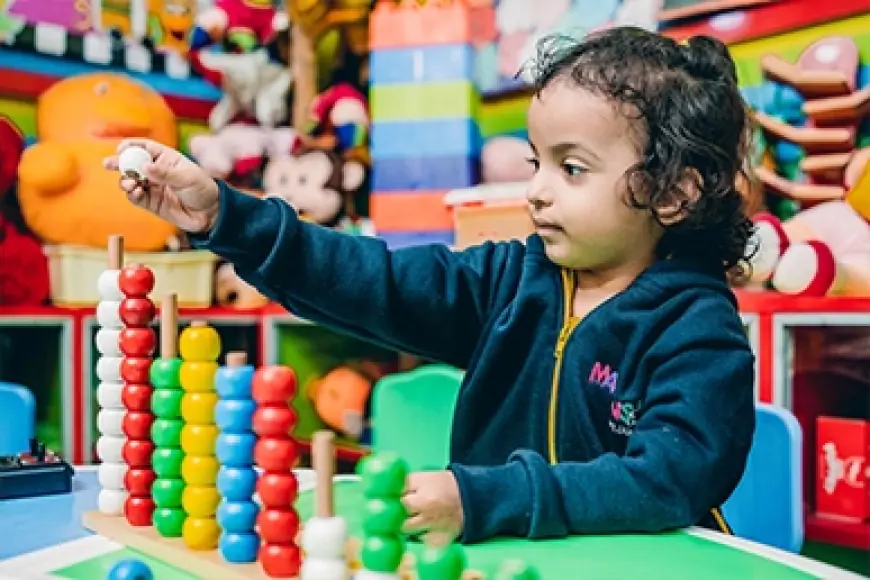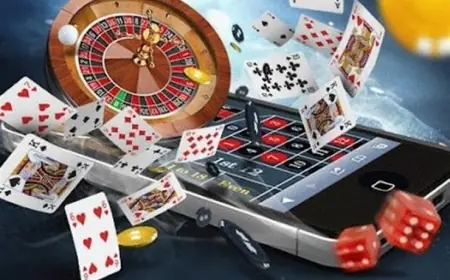Learning Through Puzzles and Building Blocks in LKG

For young learners in Lower Kindergarten (LKG), education should be as much about discovery as it is about structure. Two of the most effective tools in early childhood learning are puzzles and building blocks. These simple, engaging activities go far beyond play—they build problem-solving abilities, fine motor skills, patience, and creativity. This is why every leading Play School integrates puzzles and blocks into daily routines, ensuring children learn through hands-on exploration.
At the Best Preschool in Panipat, teachers use puzzles to introduce children to early concepts of shapes, colors, letters, and numbers. Solving puzzles requires focus and persistence, helping children develop concentration and critical thinking. For instance, when a child is figuring out where a piece fits, they are learning spatial awareness and improving their memory. Each small success boosts confidence, teaching children the value of effort and perseverance.
Building blocks, on the other hand, encourage open-ended creativity. The Best Preschool in Ghaziabad uses block activities to engage children in imaginative construction tasks, such as building houses, bridges, or towers. These tasks teach balance, stability, and problem-solving in a way no worksheet can replicate. Children experiment, fail, and try again, developing resilience and adaptability. Blocks also foster mathematical thinking, as children intuitively grasp ideas of symmetry, patterns, and size comparisons while they build.
Both puzzles and blocks play a vital role in social development as well. Group activities where children solve puzzles together or collaborate on block structures teach teamwork, communication, and sharing. In a Play School setting, teachers guide these interactions to ensure children learn to listen, respect others’ ideas, and contribute meaningfully to group projects. This early exposure to collaboration helps children build empathy and prepares them for future academic and social situations.
Another advantage of puzzles and blocks is that they encourage independence. Children can work on these activities at their own pace, experimenting and discovering solutions without constant adult intervention. This independence nurtures self-confidence and problem-solving abilities, qualities that form the foundation for lifelong learning.
Parents can extend this learning at home by including puzzles and blocks in everyday routines. Simple activities like matching picture puzzles, stacking blocks, or sorting shapes can be both entertaining and educational. These activities not only support classroom learning but also strengthen the parent-child bond.
In conclusion, puzzles and building blocks are much more than recreational tools—they are essential elements of early education. They help children in LKG develop cognitive, social, and emotional skills while making learning fun and engaging. Parents who want their children to benefit from such holistic practices should consider enrolling them in reputed schools like the Best Preschool in Panipat or the Best Preschool in Ghaziabad, where play-based learning is central to the curriculum. A well-structured Play School ensures that every puzzle solved and every tower built brings children one step closer to becoming confident, curious, and creative learners.
Also Read:
Easy and Interesting Science Questions for Kids with Answers
What's Your Reaction?
 Like
0
Like
0
 Dislike
0
Dislike
0
 Love
0
Love
0
 Funny
0
Funny
0
 Angry
0
Angry
0
 Sad
0
Sad
0
 Wow
0
Wow
0

























































